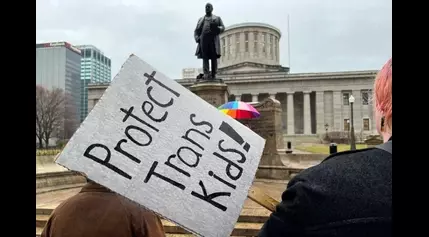10 Multiplayer Games With GREAT Story Modes
Unlocking the Secrets of Sustainable Living: A Comprehensive GuideIn a world increasingly conscious of the need for environmental stewardship, the concept of sustainable living has gained significant traction. As individuals and communities strive to reduce their carbon footprint and adopt more eco-friendly practices, the demand for comprehensive guidance on sustainable living has never been higher. This article aims to provide a comprehensive exploration of the principles, strategies, and practical steps that can help individuals and families embrace a more sustainable lifestyle.Sustainable Living: A Pathway to a Greener Future
Understanding the Fundamentals of Sustainable Living
Sustainable living is a holistic approach to daily life that seeks to minimize the impact on the environment while promoting the long-term well-being of individuals, communities, and the planet. At its core, sustainable living involves making conscious choices that prioritize the responsible use of natural resources, the reduction of waste, and the adoption of eco-friendly practices across various aspects of life.Embracing Energy Efficiency: Powering Your Home Sustainably
One of the cornerstones of sustainable living is the efficient use of energy. Homeowners can explore a range of strategies to reduce their energy consumption and transition to renewable energy sources. This may include upgrading to energy-efficient appliances, installing solar panels, implementing smart home technologies, and optimizing insulation and weatherproofing to minimize heating and cooling needs.Sustainable Transportation: Reducing Your Carbon Footprint on the Road
The transportation sector is a significant contributor to greenhouse gas emissions, making it a crucial area for sustainable living. Individuals can explore alternative modes of transportation, such as walking, cycling, or utilizing public transit, to reduce their reliance on fossil fuel-powered vehicles. For those who do own cars, considering hybrid or electric models, as well as practicing eco-driving techniques, can significantly lower their environmental impact.Sustainable Consumption: Making Mindful Choices in the Marketplace
Sustainable living extends beyond the home and transportation; it also encompasses the choices we make as consumers. By adopting a more mindful approach to purchasing decisions, individuals can support eco-friendly products, reduce waste, and contribute to a more sustainable economy. This may involve prioritizing locally sourced and organic goods, minimizing single-use plastics, and embracing the principles of the circular economy through reuse, repair, and recycling.Sustainable Food Systems: Cultivating a Greener Plate
The food we consume plays a significant role in our environmental footprint. Sustainable living encourages individuals to explore plant-based diets, support local and organic food producers, and reduce food waste through mindful meal planning and composting. By adopting these practices, individuals can contribute to a more sustainable food system that promotes ecological balance and food security.Sustainable Waste Management: Closing the Loop
Effective waste management is a crucial component of sustainable living. Individuals can adopt strategies such as reducing overall waste, practicing proper recycling, and exploring composting for organic waste. By diverting waste from landfills and incinerators, individuals can contribute to a more circular economy and support the conservation of natural resources.Sustainable Communities: Fostering Collaborative Ecosystems
Sustainable living extends beyond individual actions; it also involves the collective efforts of communities to create more sustainable ecosystems. This may include supporting local initiatives, participating in community gardens, and advocating for sustainable urban planning and infrastructure. By working together, individuals can amplify their impact and create more livable, resilient, and environmentally-conscious communities.Embracing the Journey of Sustainable LivingSustainable living is not a one-size-fits-all approach; it is a dynamic and evolving process that requires a combination of individual actions, community engagement, and systemic change. By exploring the various facets of sustainable living, individuals can embark on a transformative journey that not only benefits the environment but also enhances their own well-being and quality of life. Through a commitment to sustainable practices, we can collectively shape a future that is more equitable, resilient, and in harmony with the natural world.




















